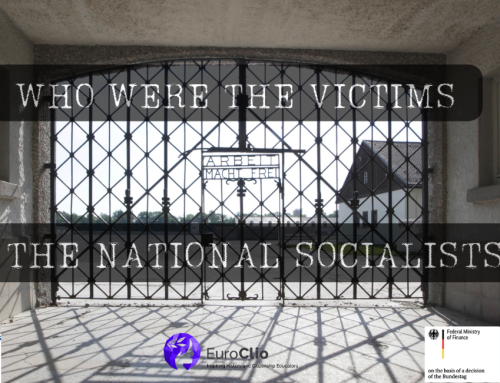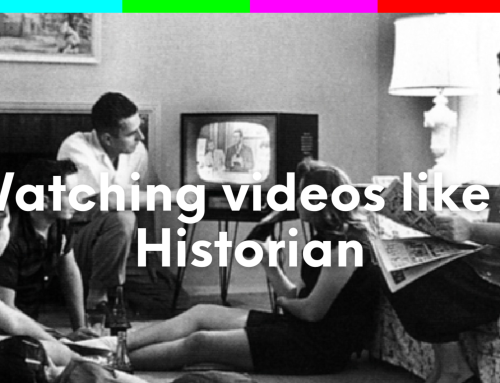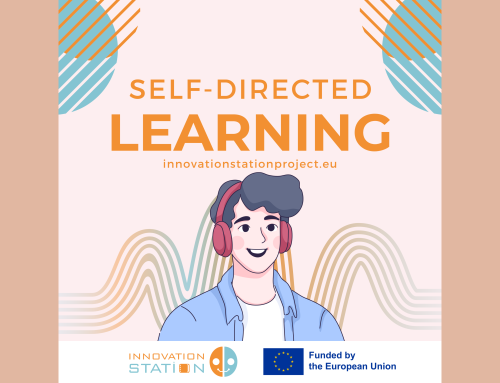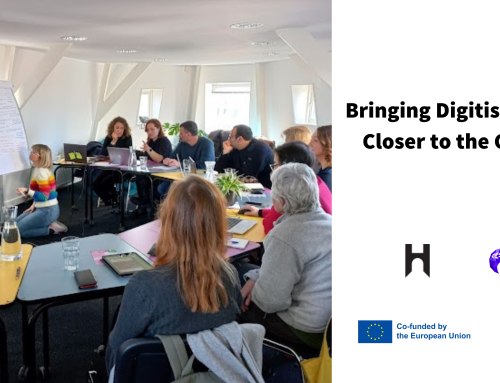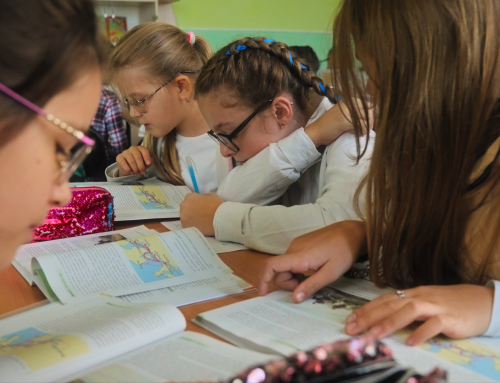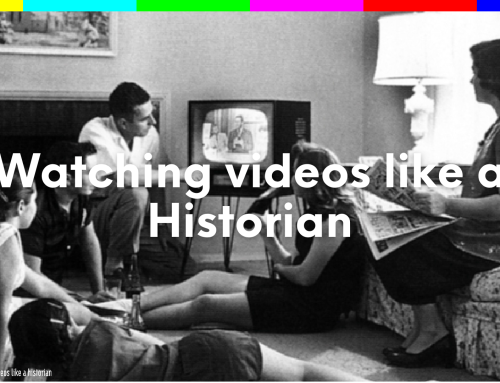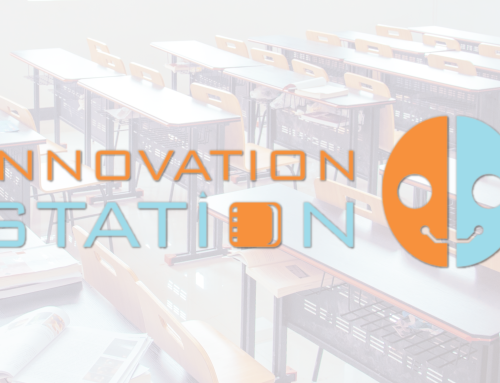In the last months, EuroClio, together with our partners in the project Strategies for Inclusion, has been involved in the research and documentation of practices on Making History and Citizenship Education More Inclusive. Educators, professionals, and scholars were interviewed in order to provide examples of strategies used to promote high-quality history and citizenship education among students, including students with special education needs. Such strategies have become part of a Collection of Practices, and will be published periodically in the EuroClio Resource Centre.
Each practice is described in detail, and additional information is made available. In this way, educators looking for inspiration on how to make their own history/citizenship classes more inclusive and accessible can easily replicate strategies they find interesting, transferring them to their own context. History and citizenship are complex subjects, and sometimes it might be difficult to help students to orient themselves among difficult and abstract concepts, to fully understand timelines, and to feel engaged and motivated in the study of events which took place in the past. Therefore, the practices do not only relate to students with special needs (e.g. students with hearing difficulties, on the autism spectrum, etc.), but also with students who lack motivation, or language/writing skills.
At the moment, the first two practices have been published, but many more will be published in the coming months. We have encountered many fascinating practices along the way already, and therefore encourage you to monitor the page for updates.

